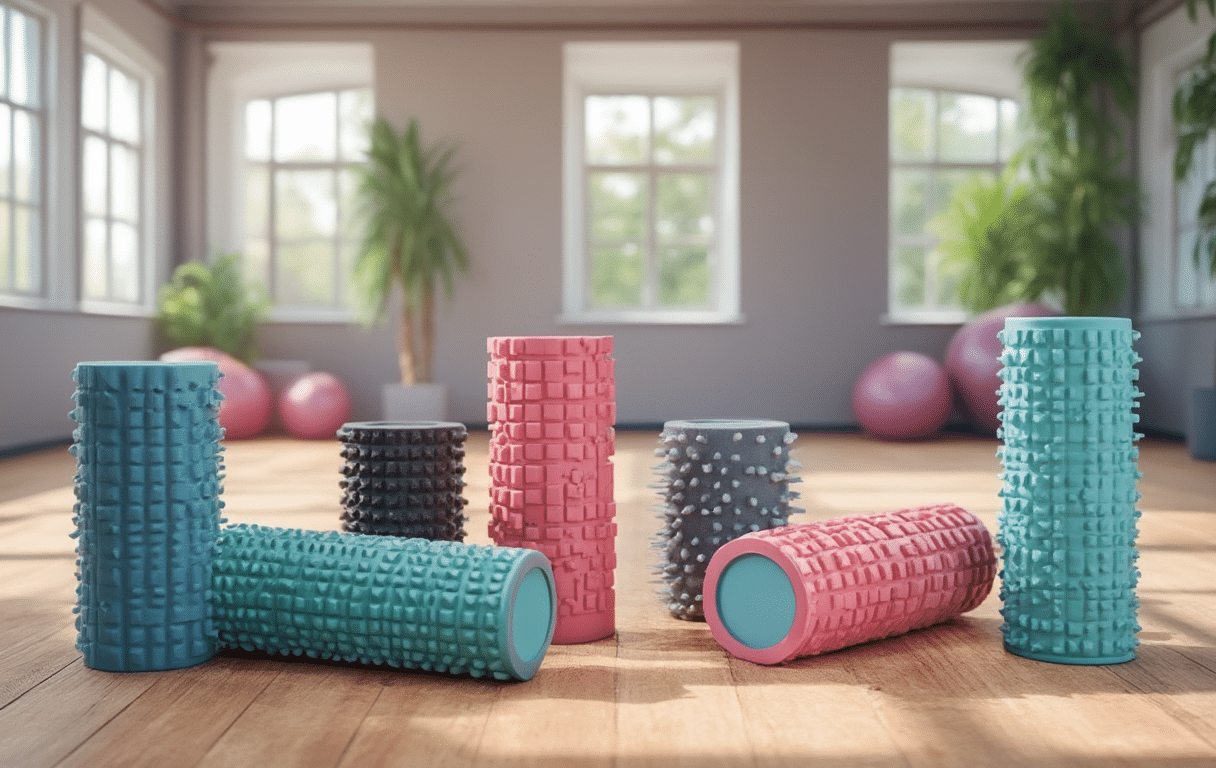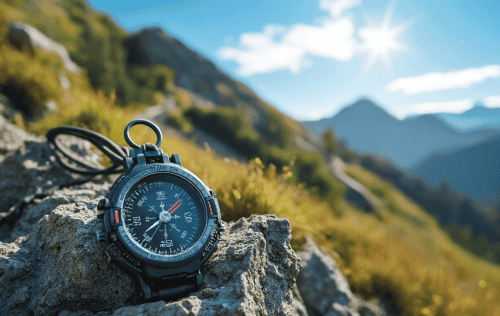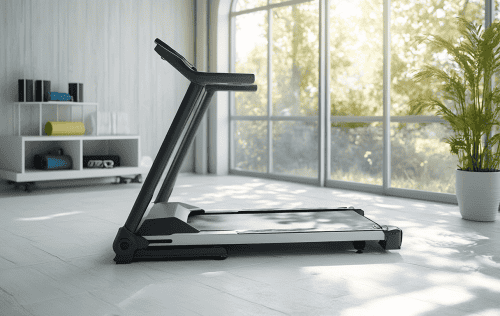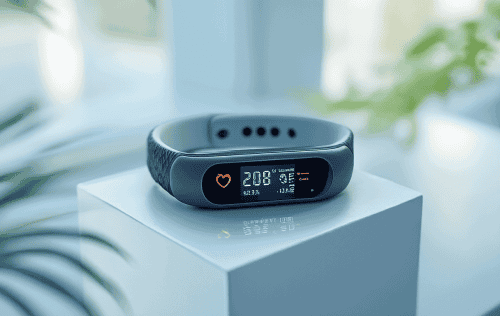Ever regret buying a foam roller that just doesn’t cut it?
It can ruin your recovery and leave you frustrated.
Don’t let that be you.
Discover top foam rollers that will transform your post-run routine!
Inhaltsverzeichnis
Best Foam Rollers
- RELIEVE MUSCLE PAIN & BOOST YOUR RECOVERY TIME: Relieve...
- DEEPER PENETRATING MYOFASCIAL RELEASE: The foam roller...
- INCREASE YOUR PERFORMANCE FOR MAXIMUM RESULTS: Rolling...
- EVA FOAM CONSTRUCTION FOR COMFORT AS YOU ROLL: The...
- Active Deep Tread Massage Roller: One of the best...
- Stretch overworked and strained muscles of the leg,...
- Loved by runners, CrossFit athletes, yoga and Pilates...
- Foam rolling has become an integrated part of athletes...
- Introducing the NORTHERN High-Density Foam Roller, a...
- The NORTHERN High-Density Foam Roller is designed to...
- Whether you are looking to soothe sore muscles...
- Compact and lightweight, the NORTHERN High-Density Foam...
- RELIEVE MUSCLE PAIN & BOOST YOUR RECOVERY TIME: Relieve...
- DEEPER PENETRATING MYOFASCIAL RELEASE: The foam roller...
- INCREASE YOUR PERFORMANCE FOR MAXIMUM RESULTS: Rolling...
- EVA FOAM CONSTRUCTION FOR COMFORT AS YOU ROLL: The...
- Sports Recovery: The Kayman Foam Roller is an essential...
- Muscle Tension Relief: This foam roller is specifically...
- Increases Circulation: By applying pressure to various...
- Portable: With its compact size and lightweight...
Checklist: What makes a great Foam Roller
- Density: The firmness of a foam roller affects the intensity of the massage it provides. Higher density rollers offer deeper pressure, ideal for experienced users, while softer ones suit beginners and less intense sessions. Explore various foam rollers to find the right density for your needs.
- Size: Foam rollers come in various lengths and diameters. For runners, longer rollers (around 36 inches) allow for greater versatility, catering to larger muscle groups like the back, while smaller sizes are great for focused areas. When considering running accessories, ensure your roller supports all target areas.
- Texture: Choose between smooth or textured foam rollers. Textured rollers mimic a massage therapist’s fingers, targeting trigger points, while smooth rollers provide uniform pressure, both aiding in post-run recovery and injury prevention. Consider which type suits your recovery routine best.
- Material: Most foam rollers are made from EPP, EVA, or PE foam. EVA provides a soft feel, EPP a firmer experience, and PE is often more durable, so select according to your comfort and durability needs.
- Portability: Consider rollers that are lightweight and easy to transport if you need one for heading to the gym or travelling. Compact and travel rollers fit effortlessly into running bags or suitcases. When planning your running recovery, don’t overlook portability.
- Purpose: Think about your primary use for the foam roller. For runners focusing on muscle recovery, look for rollers designed to enhance blood circulation and reduce muscle tension after long sessions. Find options tailored to muscle recovery to ensure optimal results.
FAQ
What density foam roller should a beginner choose?
Beginners should opt for a softer density foam roller, as it offers less intense pressure, making it more comfortable during initial use and aiding gradual adaptation to routine massage.
Why is foam roller size important for runners?
A longer foam roller, about 36 inches, is crucial for runners as it offers versatility, accommodating larger muscle groups like the back during post-run recovery sessions.
How does the texture of a foam roller affect recovery?
Textured foam rollers target trigger points, mimicking massage therapist’s fingers, while smooth rollers provide consistent pressure, both assisting in muscle recovery and injury prevention.










